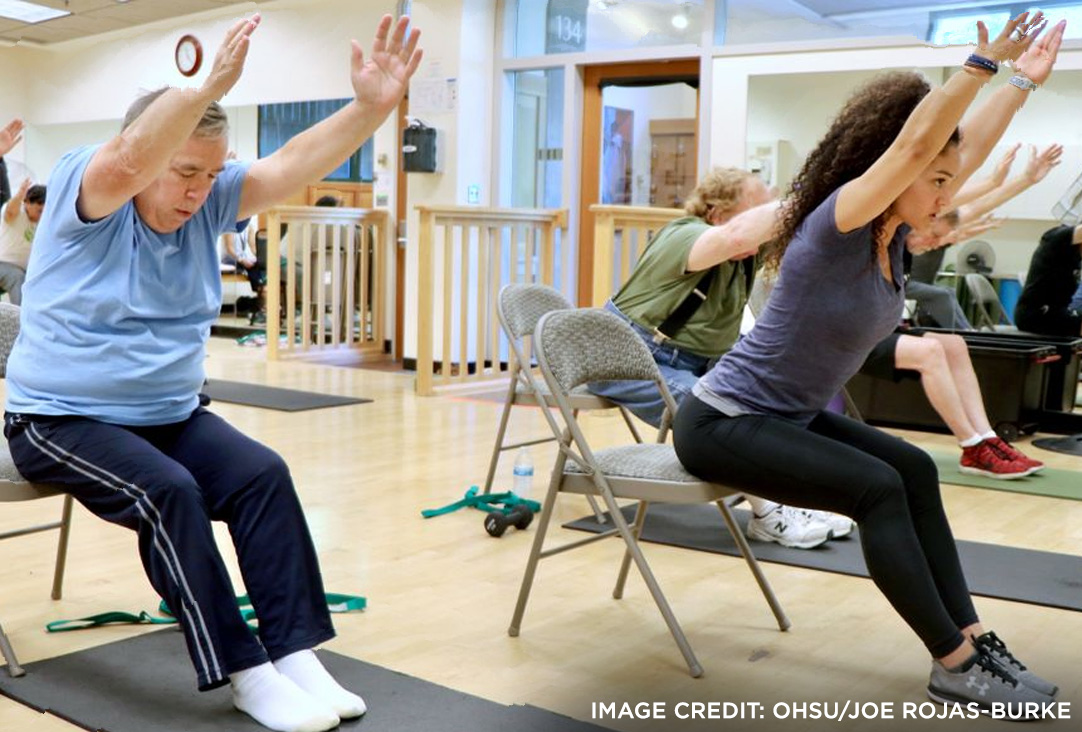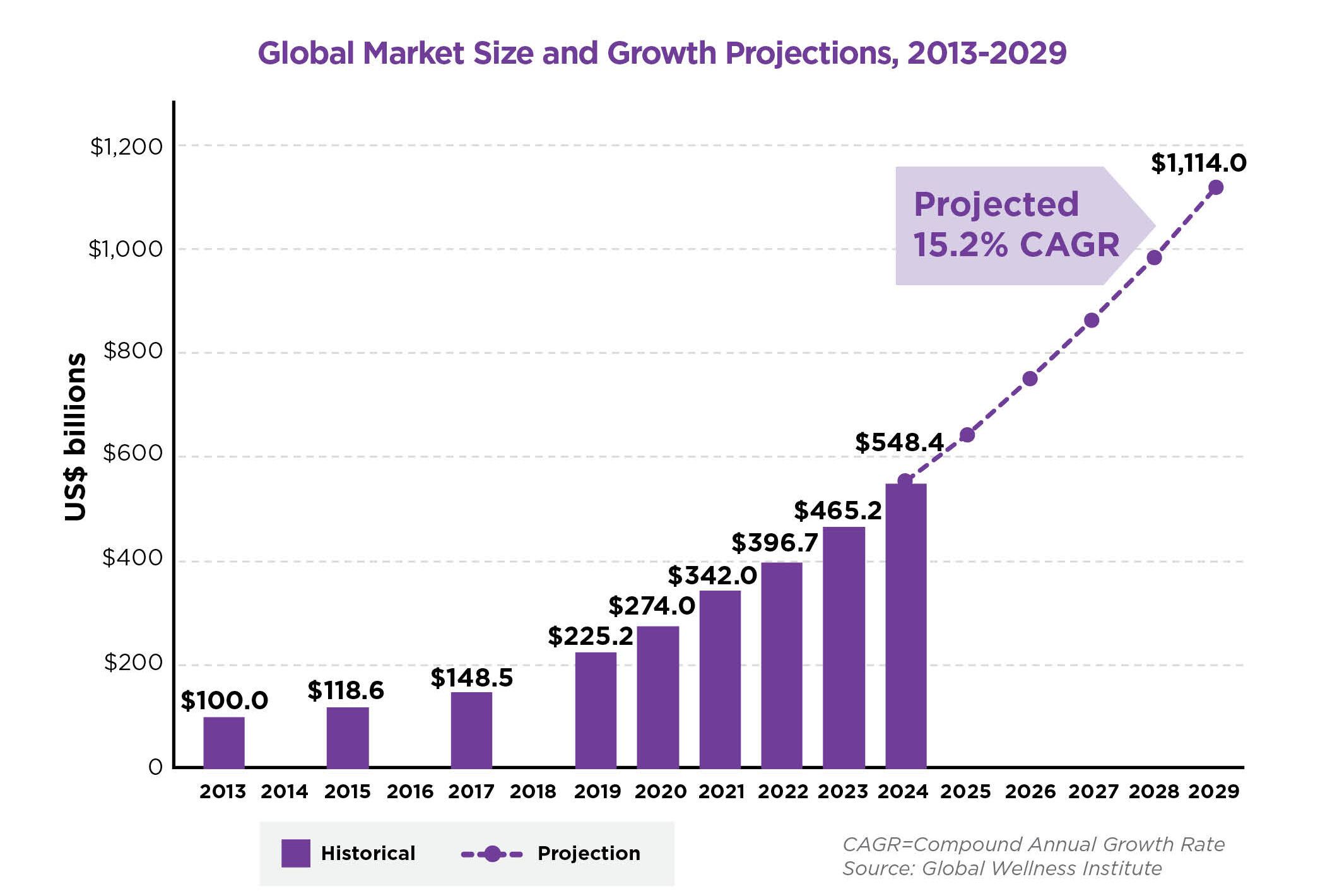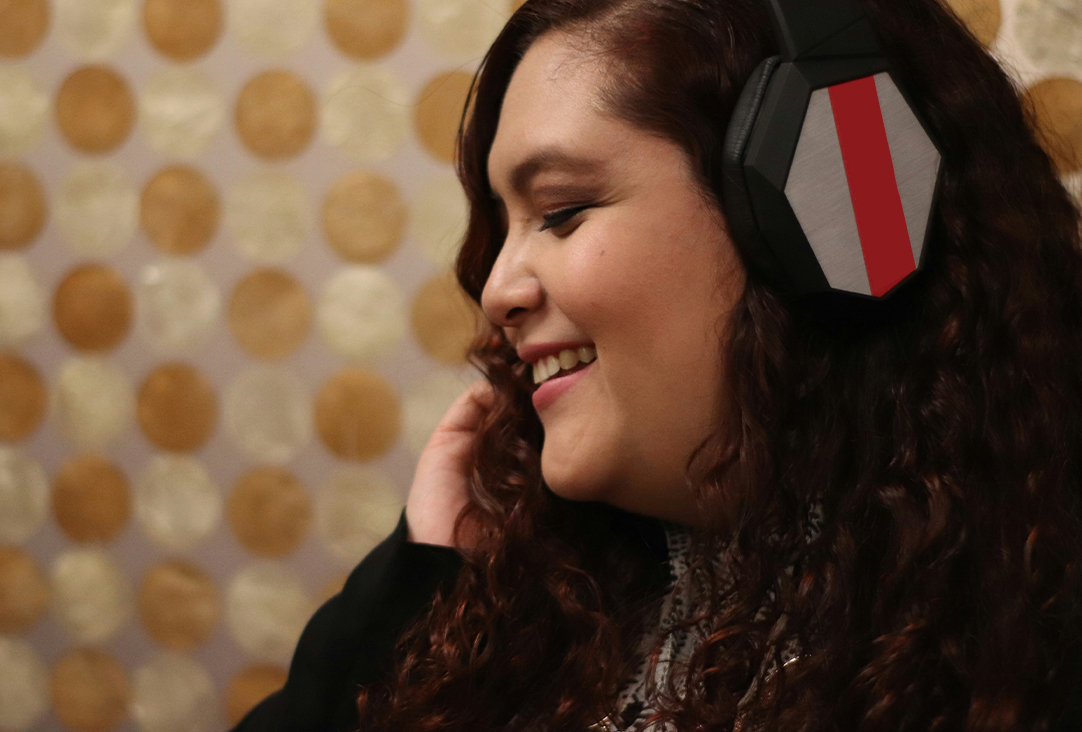Wellness Policies Can Combat Loneliness By Tonia Callender, GWI research fellow Too often, those who experience loneliness and isolation suffer in silence and hesitate to ask for help. Physicians and psychologists have raised growing concerns about the lasting consequences of this trend. Last month, the World Health Organization (WHO) Commission on Social Connection released its global report, From Loneliness to Social Connection, which highlights the…





























































